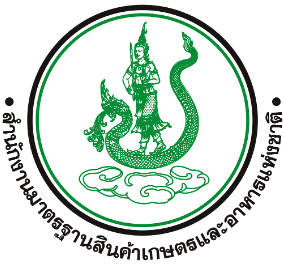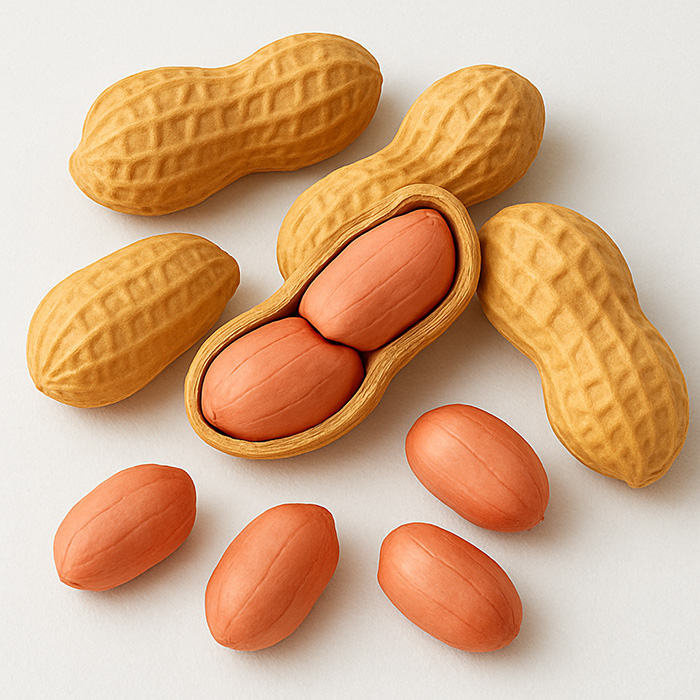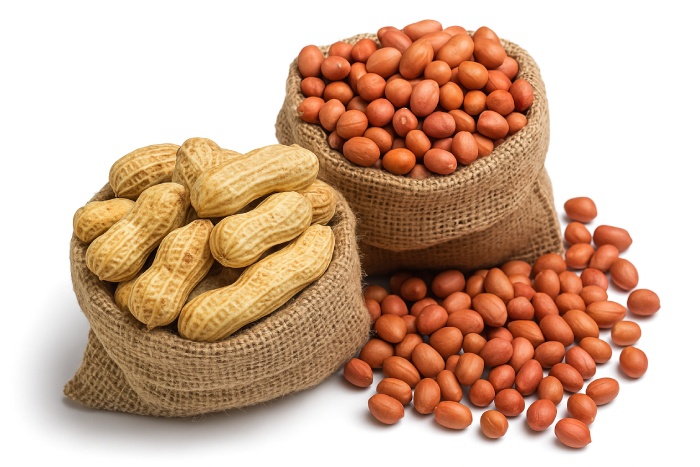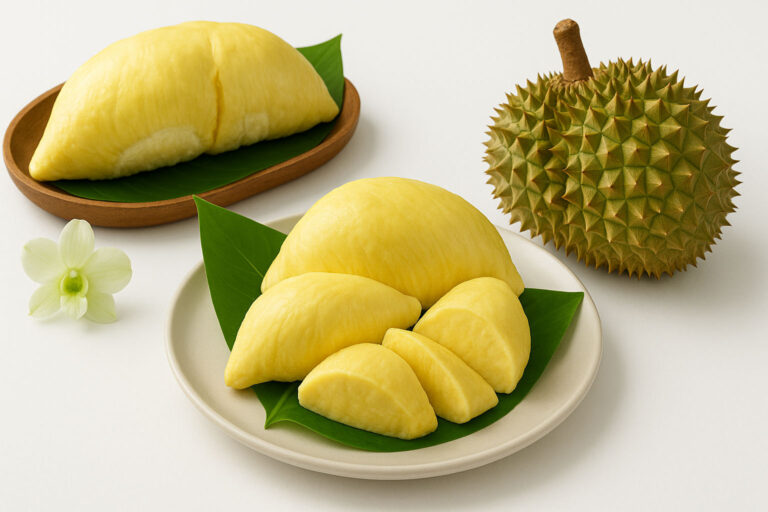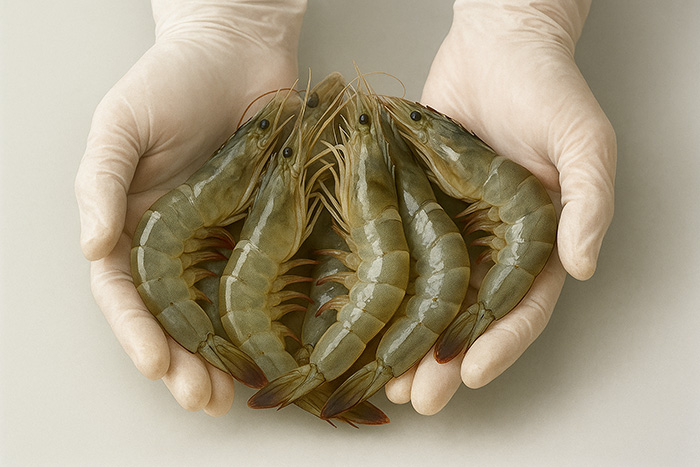Introduction
The Thai Agricultural Standard (TAS) 4702-2014, Peanut Seeds – Aflatoxin Requirements, was developed to control the safety of peanut products in relation to aflatoxin contamination, covering production, storage, and toxin analysis. The purpose is to prevent adverse health effects on consumers and to build confidence in the quality of Thai peanut products.
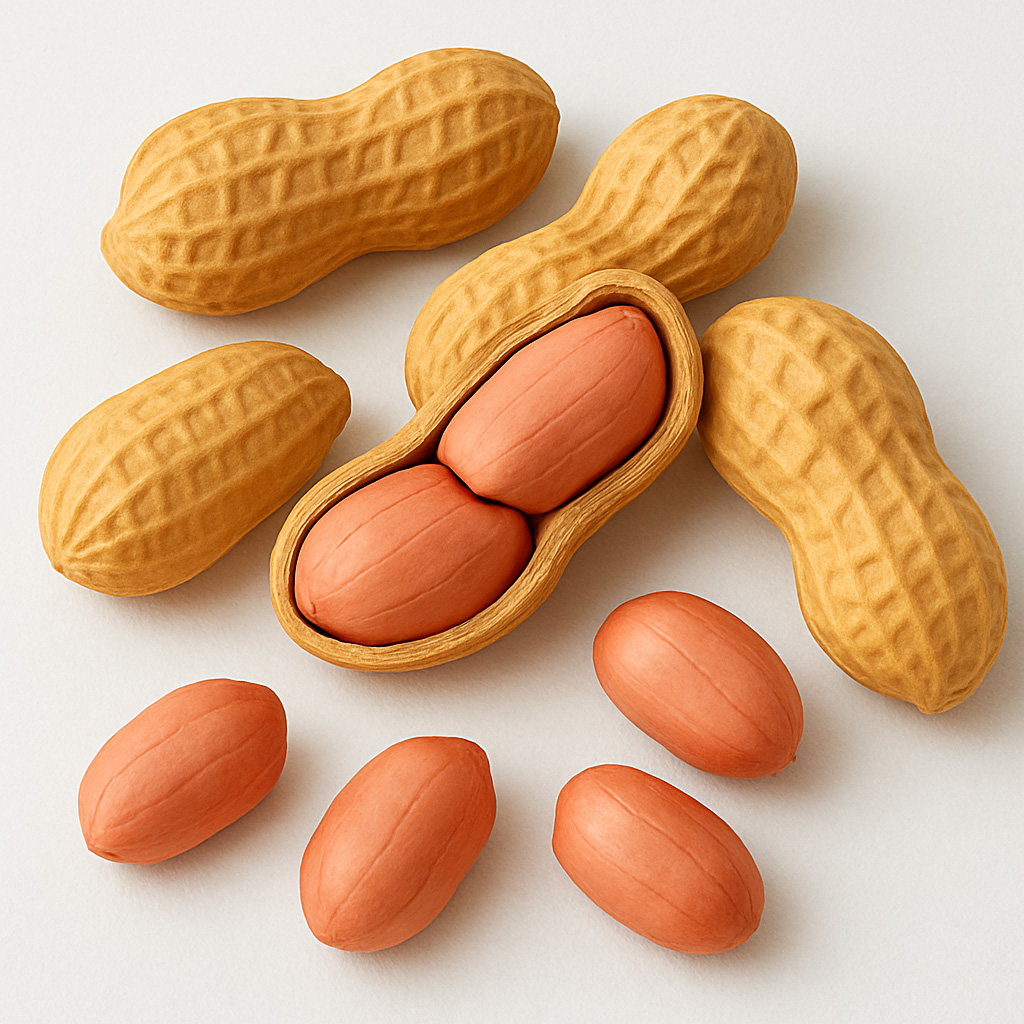
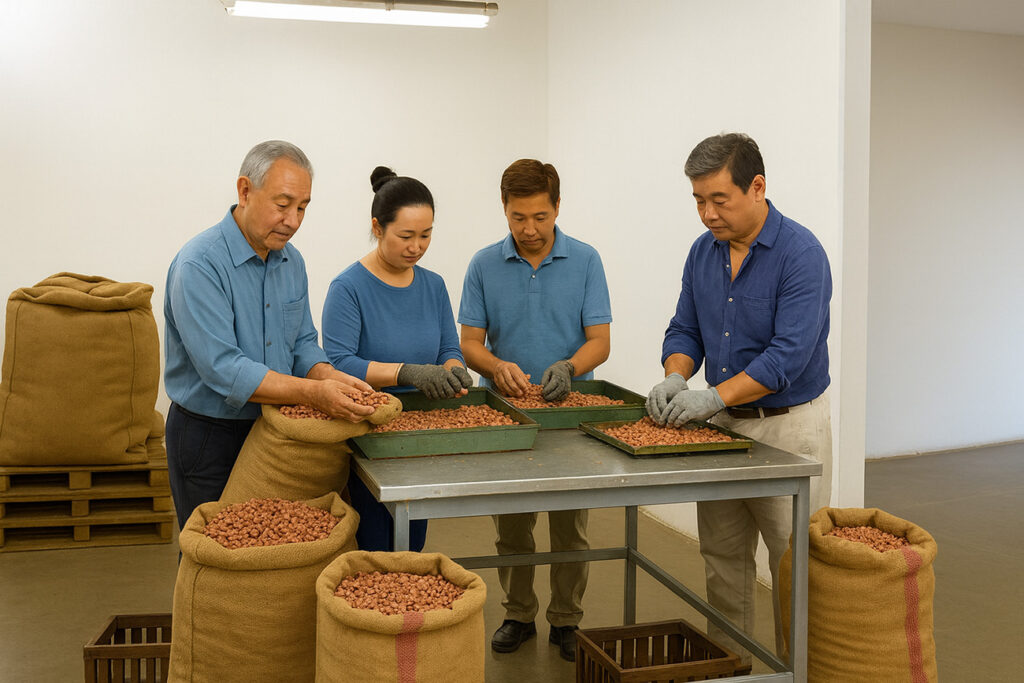
Objective
To establish the limits and to control aflatoxin in peanut seeds intended for food use.
Scope
This agricultural standard establishes the limits and control of aflatoxin in raw dried peanut seeds intended for food, for application in the production, trade, and inspection control of raw dried peanut seeds produced domestically, imported, or exported.
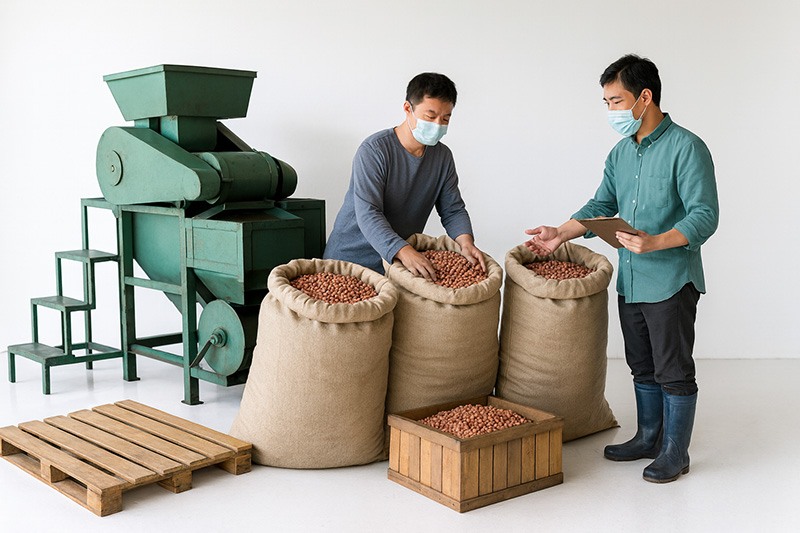
Key points for Peanut Seeds: Aflatoxin Limits
Summary of TAS 4702-2014: Peanut Seeds – Aflatoxin Limits
Peanut Kernel: Maximum Level of Aflatoxin (TAS 4702-2014)
This standard establishes the level and control of aflatoxin in dried raw peanut kernels used as food in order to enforce the production, trading, and inspection of dried raw peanut kernels that are produced, imported, or exported.
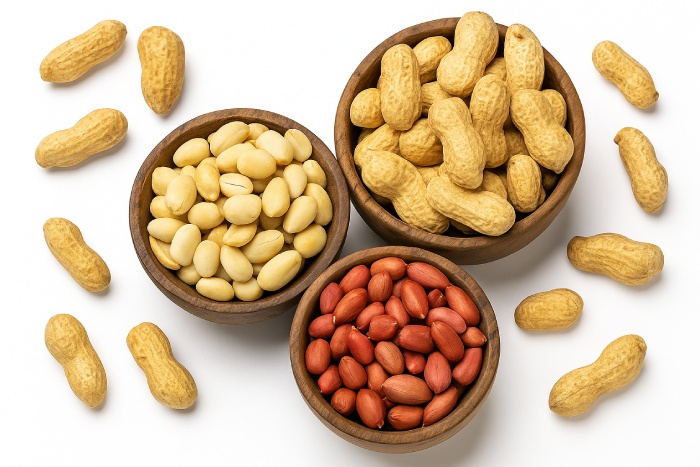
Guidelines for the Importation of Peanut Kernels in accordance with the Mandatory Standard TAS 4702-2014.
In the case of importation from a country whose government inspection and certification system is officially recognized, only the Republic of India is accepted. The import shall be accompanied by a Certification of Export for Peanut Seeds issued by the Agricultural and Processed Food Products Export Development Authority (APEDA), which is the competent authority directly responsible for supervising the export of peanut seeds from the Republic of India. Therefore, Indian exporters are required to obtain this document in order to export peanut products to other countries. Without such certification, the National Bureau of Agricultural Commodity and Food Standards (ACFS) shall not consider any application under any circumstance.
The operator shall submit the application form ACFS 8 at least three (3) working days in advance, together with the required documents, through the TAS-License system (https://tas.acfs.go.th/nsw)
In the case of importation from other countries whose government inspection and certification systems are not recognized. (China, Myanmar, and other countries except India)
1.1 A certificate of standard for the production premises of peanut seeds issued to a shelling factory, collector, repacker, or warehouse, as appropriate to the type of product handling by the exporter located in a foreign country. Such a certificate shall cover one or more of the following scopes of certification:
- Thai Agricultural Standard (TAS 4702-2014 ) Peanut Kernel : Maximum Level of Aflatoxin or
- Good Manufacturing Practice (GMP) in accordance with the Codex General Principles of Food Hygiene
- Hazard Analysis and Critical Control Point (HACCP) System in accordance with the Codex General Principles of Food Hygiene
- Food Safety Management System (FSMS) in accordance with the ISO/IEC 22000 standard.
1.2 A Test Report or a Certificate of Analysis.
